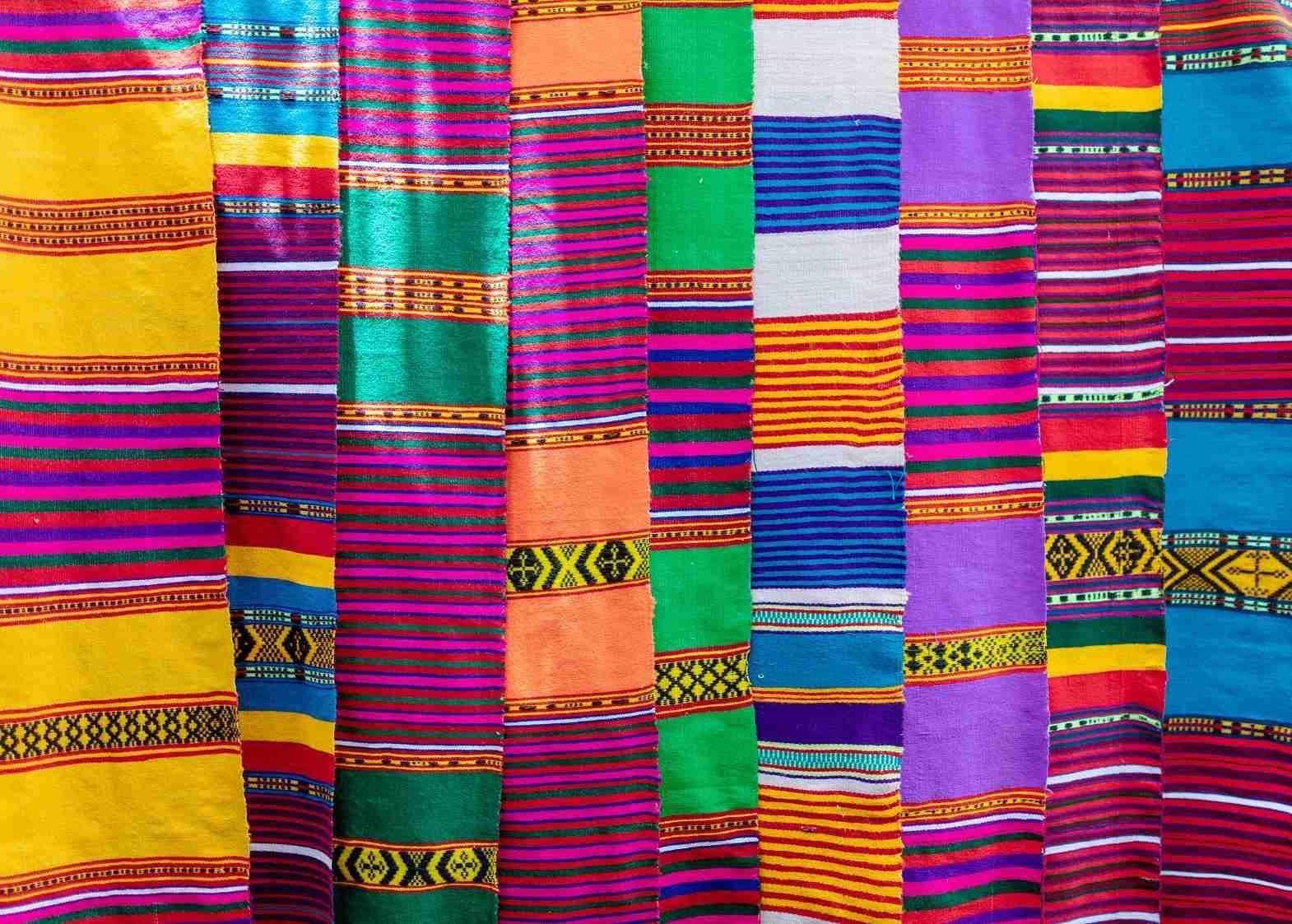The Addis Fortune reports that Ethiopia in the first quarter of the fiscal year 2013-2014, has exported textiles and apparels worth US $ 29 million. The government supports and aggressively promotes the textile and apparel industry and aims to reach a target of US $ 1 billion in exports of textile products by 2016. Yarn and sewing threads, textiles, handwoven articles, and clothing comprise the main exports of the country.
The government of Ethiopia has become extremely aware of the huge opportunities the country has to make it big in the textile and apparel industry. Hence it has created a favorable environment for foreign investors to generate growth for the Horn of Africa. The availability of cheap, skilled, and immensely motivated labor, along with a wide availability of raw cotton, has led to the development of the sector in domestic as well as international markets. A desirable economic atmosphere that has a stable exchange rate, private sector investments committed by the government, and a corruption-free environment are attracting investments.
The domestic cotton production of the country works to create many opportunities and proposes tremendous growth potential for the apparel industry. Cotton production in Ethiopia is done on a large scale basis mainly in the Awash valley, which has more than 50,000 hectares for cultivation. Small-scale farmers in the nation grow high-quality cotton on 45,000 hectares of irrigated land. Cotton is an essential raw material for the apparel industry, and with an integrated textile sector like Ethiopia, it becomes easy for manufacturers to easily source cotton from the domestic markets. Hence Turkish textile manufacturers and South Korean textile companies plan to set up operations in Ethiopia.
Moreover, for investors, the land in Ethiopia is available on lease for 99 years. To move regulations and formalities on a fast track, the regional government allocates the land to foreign investors within a matter of 60 days of receiving a formal notice. The government has also taken steps to assure security to international investors by guaranteeing constitutional protection from expropriation. Setting up a professional department that carries out the investment work called the Ethiopia Investment Agency (EIA) shows the initiative taken by the government. The Multilateral Investment Guarantee Agency (MIGA), an investment agency, has been signed on by the government of Ethiopia to invite investors and provide security.
Many investors from US such as Gap, Guess, and Wal-Mart have begun manufacturing in the country. Following the lead are other apparel retailers across the globe such as H&M, Primark, and Tesco have been open about sourcing from sub-Saharan Africa. The positive dynamics between China and Ethiopia will also bring business and investment in the country. Apart from these countries, Germany, India, Italy, Saudi Arabia, Yemen, Israel, and Canada have also shown interest in investing for apparel and textile manufacturing.
Ethiopia is currently home to 60 garment factories, 28 leather tanneries, 15 textile mills, and 18 shoe factories and with the availability of cheap labour, improving infrastructure, and low energy costs has the potential to become a global manufacturing hub. The export performance has been progressing by registering an increase of 51 percent every year for the last six years.
Under the Africa Growth Opportunity Act (AGOA) which was set up in 2000 in Ethiopia, 40 percent of the nations exports of textile and garments have been to the United States of America, and around 60 percent have been to the European Union. 3 percent of Ethiopias exports are to Sudan and in small percentages to countries like India, Turkey, and China are slowly and steadily progressing. The country also shares a zero tariff trade agreement with EU.
The textile and garment manufacturing industry of Ethiopia in the coming years will be bustling as many international players are showing keen interest in the country ad realize the potential it holds as an apparel sourcing centre. With Government initiatives, improving infrastructure, skilled labour, and well networked routes, the nation of Ethiopia is sailing ahead.
References:
1. Deloitte.com
2. Ethiopianembassy.org
3. Just-style.com








Comments